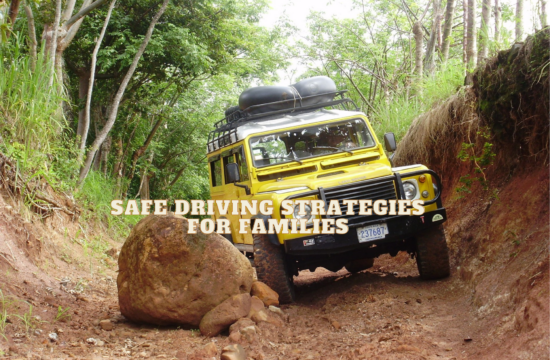Becoming a licensed teen driver is exciting. It often leads to forming hierarchies among friends based on who can drive and who has access to a car. A memorable part of teenage life is going on independent road trips, even if just for a weekend getaway or a special event. If your teen will be the one driving, safety and preparedness are top concerns. To ensure their safety, plan the trip together and help them prepare. Here are five essential tips…
Bank Card for Financial Independence
Providing your teenager with a bank card for their road trip fosters financial independence and safety. It allows them to manage expenses and handle emergencies while reducing the need for carrying cash. This practical approach not only promotes responsible financial behavior but also enhances their overall safety and security during the trip.
Your Lifesaver List: Emergency Contacts
Compiling a lifesaver list of emergency contacts for your teenager’s road trip is essential for their safety. It ensures they have quick access to crucial support in unexpected situations. This list provides peace of mind for both parents and teenagers, enhancing safety and preparedness throughout the journey.
Book a Vehicle Maintenance
Scheduling vehicle maintenance before your teenager’s road trip is a safety imperative. It guarantees the car’s reliability, reducing the risk of breakdowns or accidents. By proactively ensuring the vehicle is in top condition, you provide a safe and secure road trip experience for your teenager, allowing them to enjoy the journey with peace of mind.
Reserve Lodging and Parking
Reserving lodging and parking in advance for your teenager’s road trip enhances safety and convenience. It secures a safe place to stay and reliable parking, eliminating last-minute worries. This proactive planning promotes their overall road trip safety and allows them to focus on enjoying their journey without unnecessary stress.
Plan Your Check-In Schedule
Creating a check-in schedule for your teenager’s road trip is a vital safety measure. It ensures regular communication and accountability, enabling you to track their well-being. In case of emergencies or unexpected situations, this schedule helps with a prompt response, enhancing overall safety and peace of mind during their journey.



